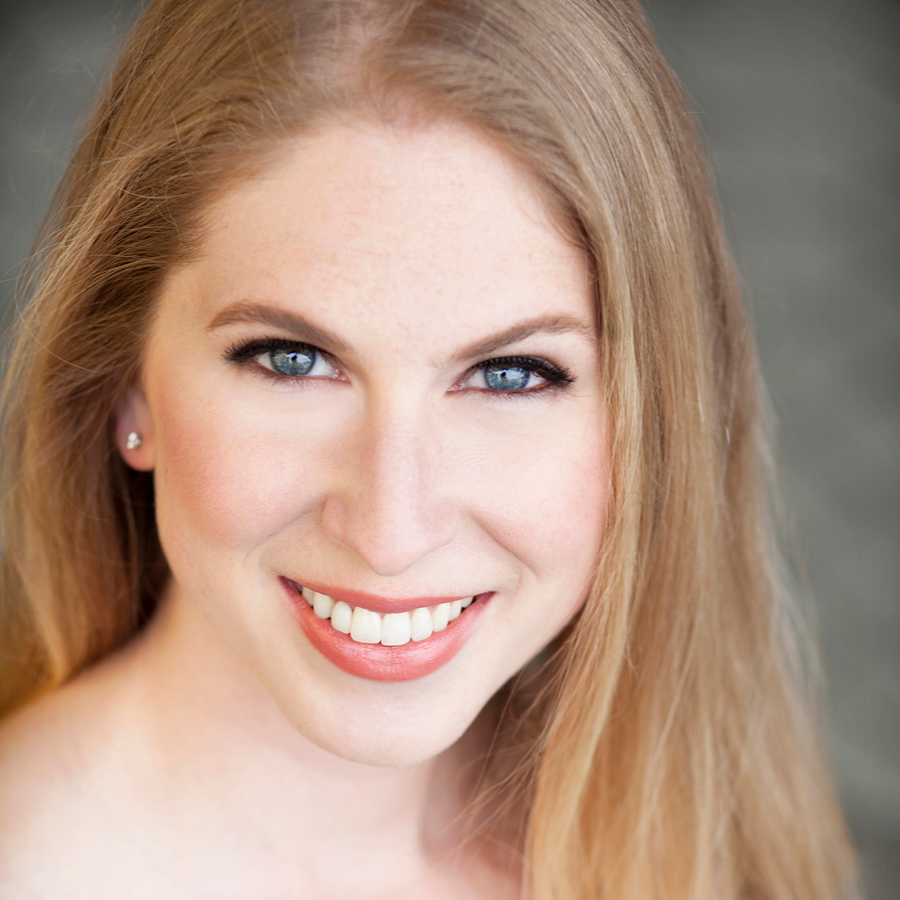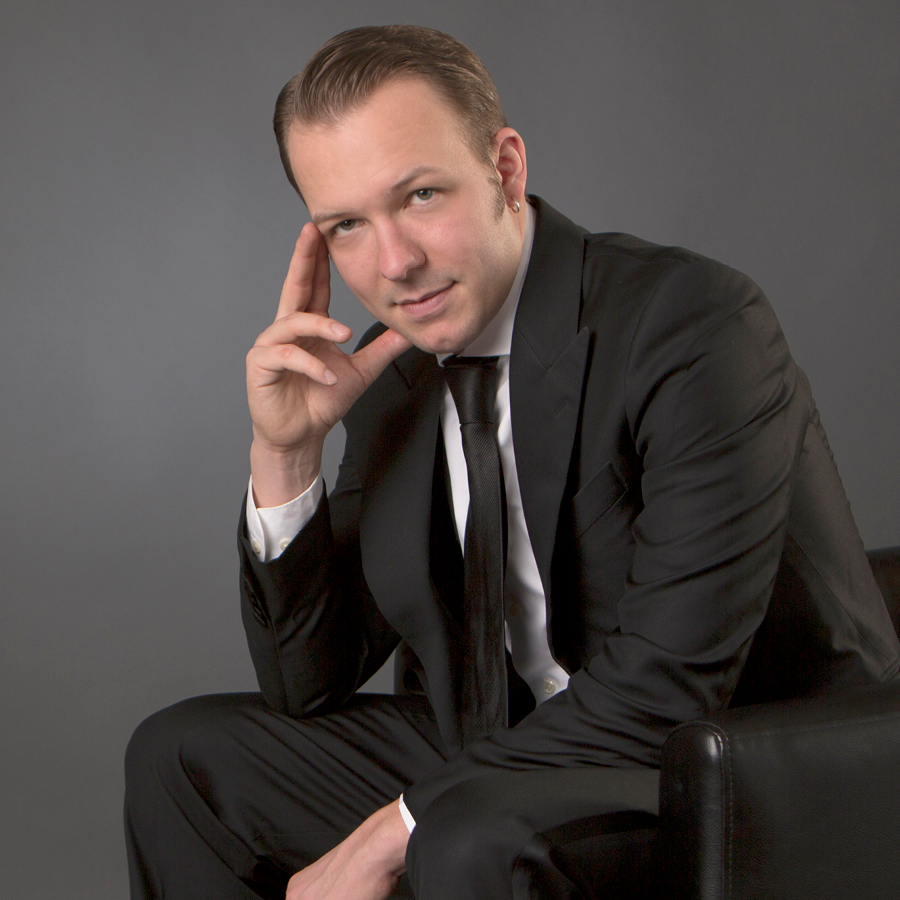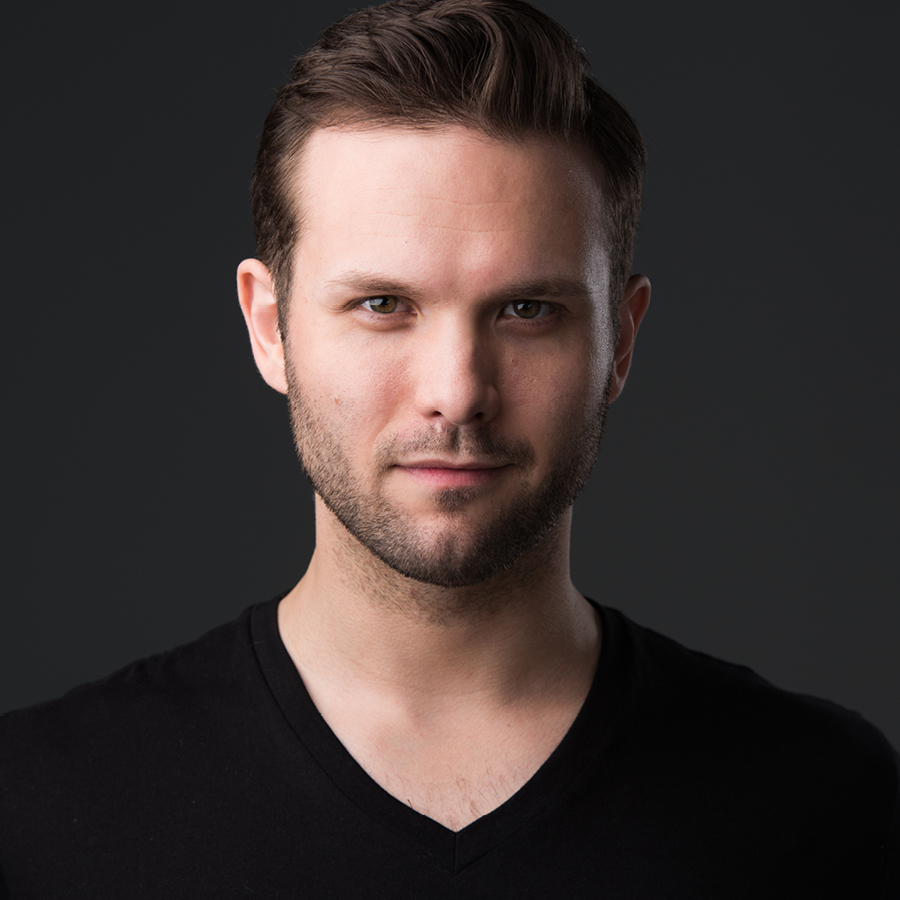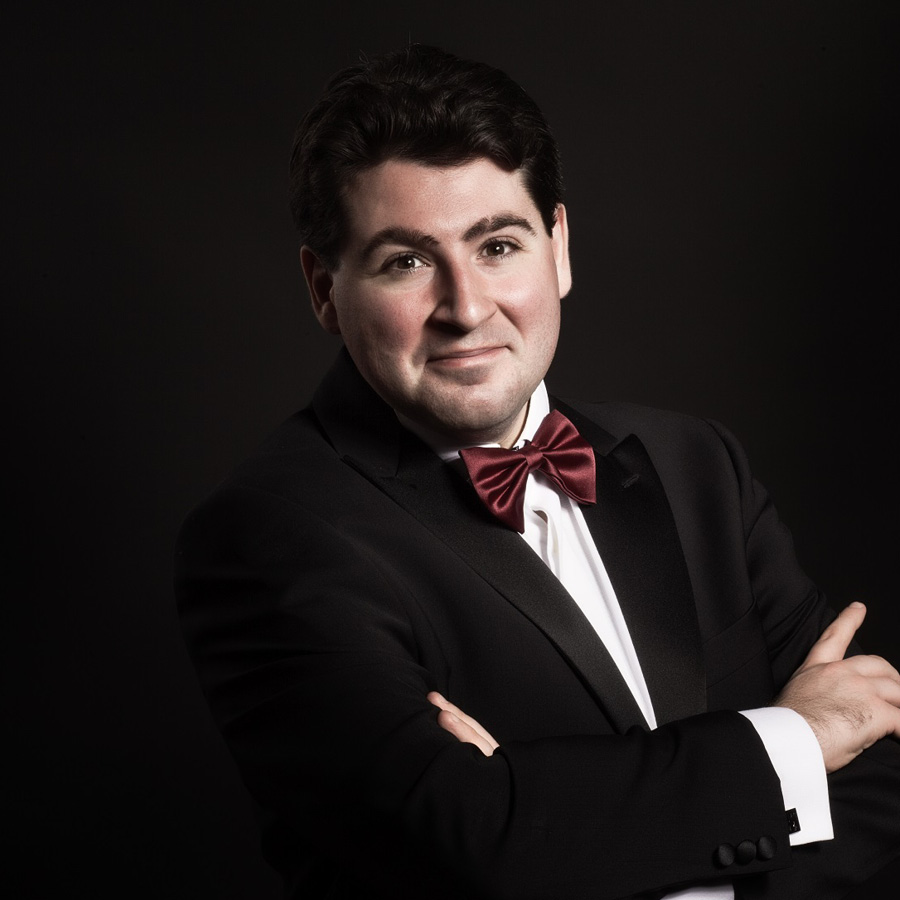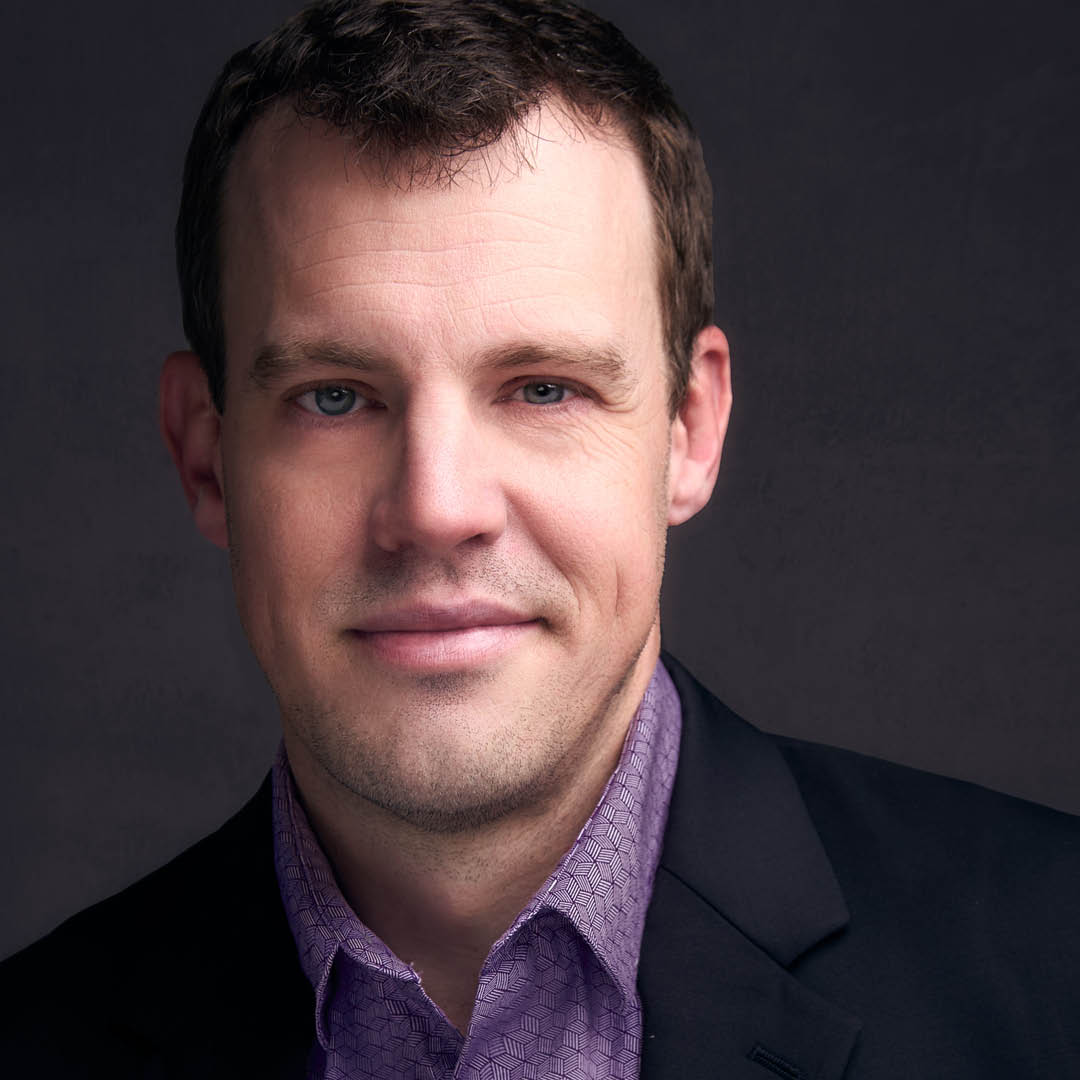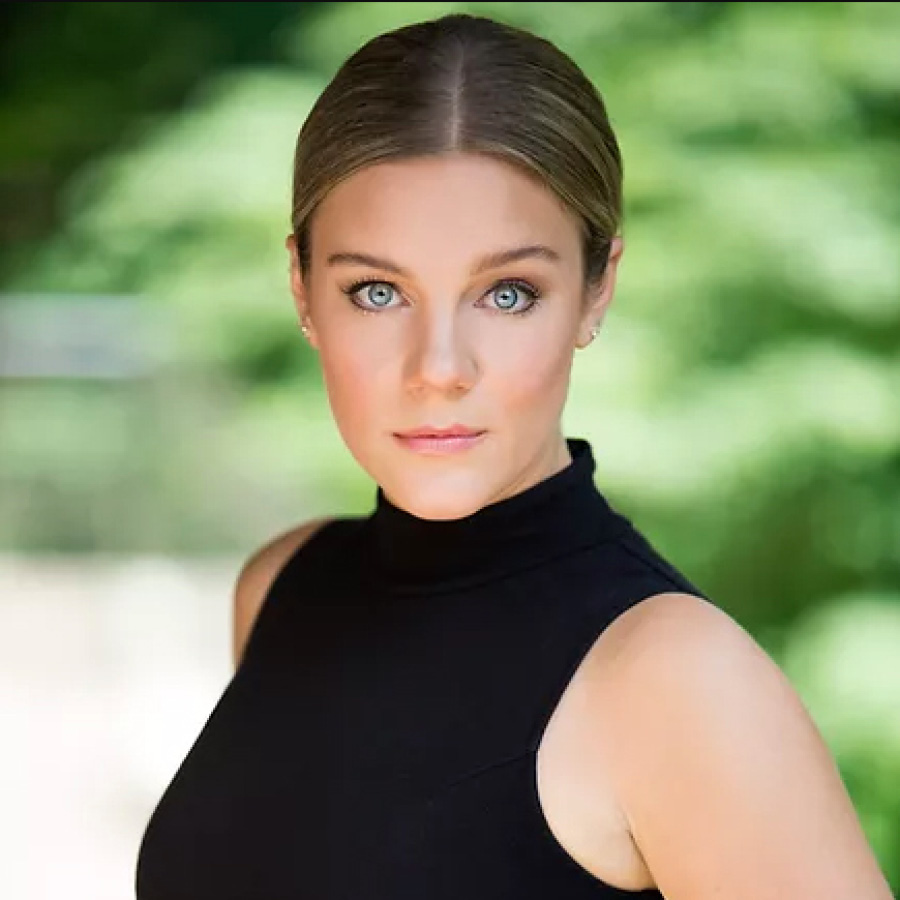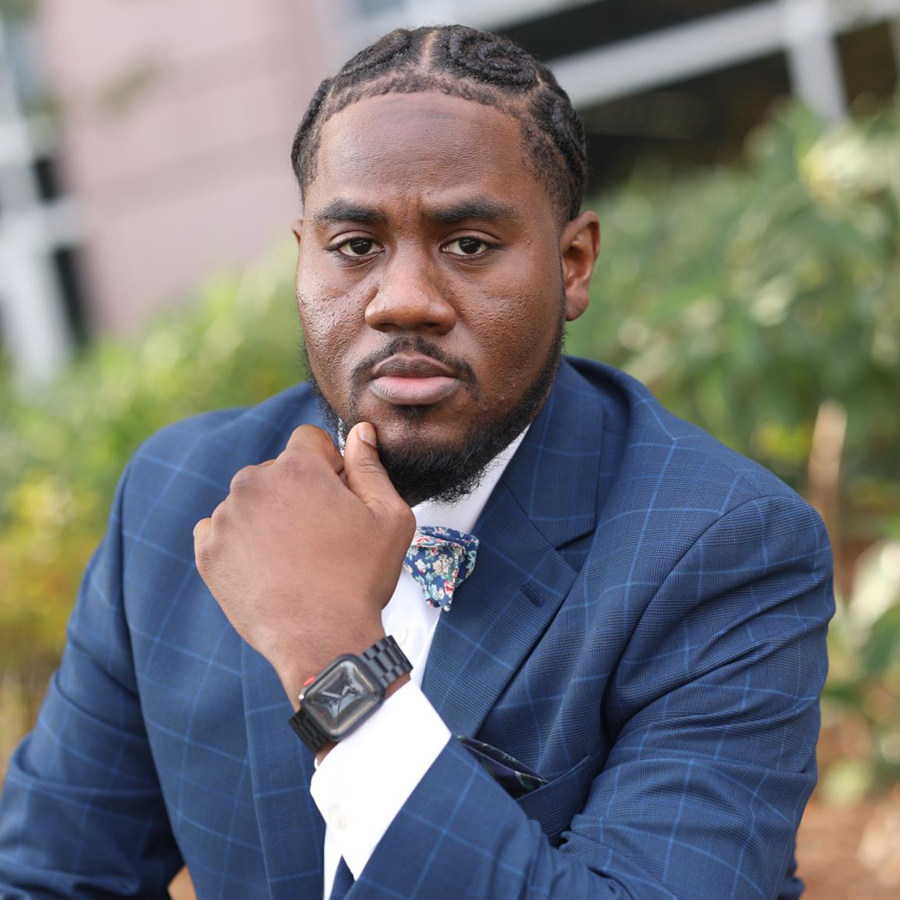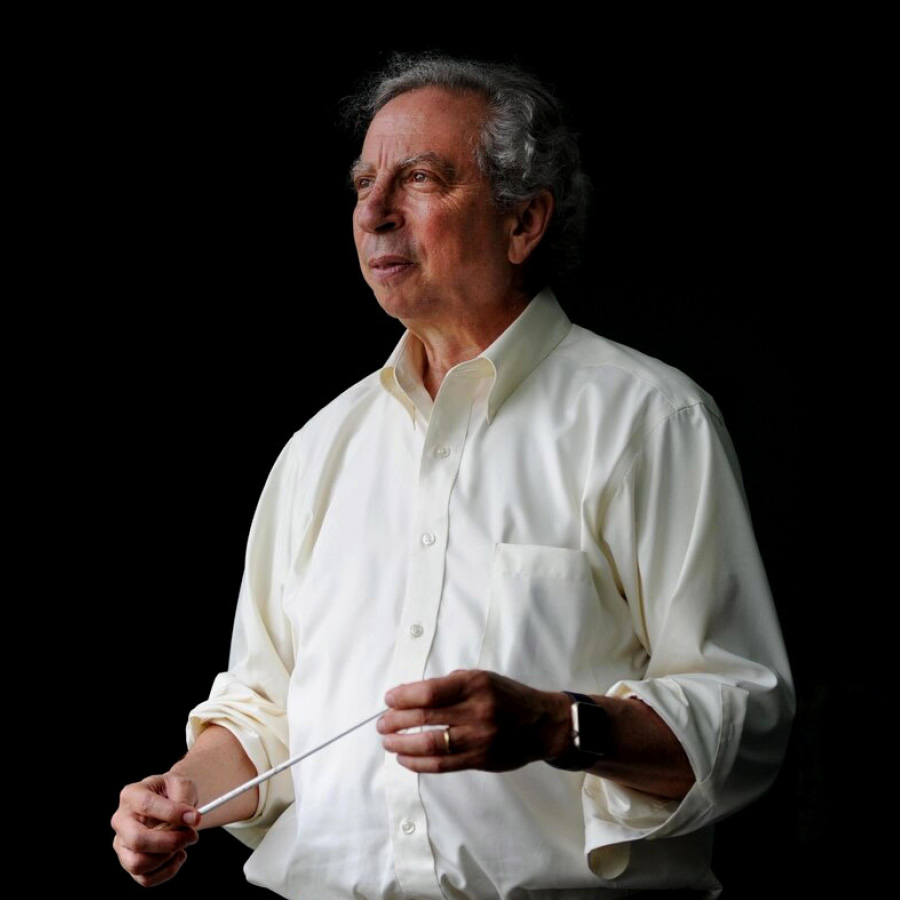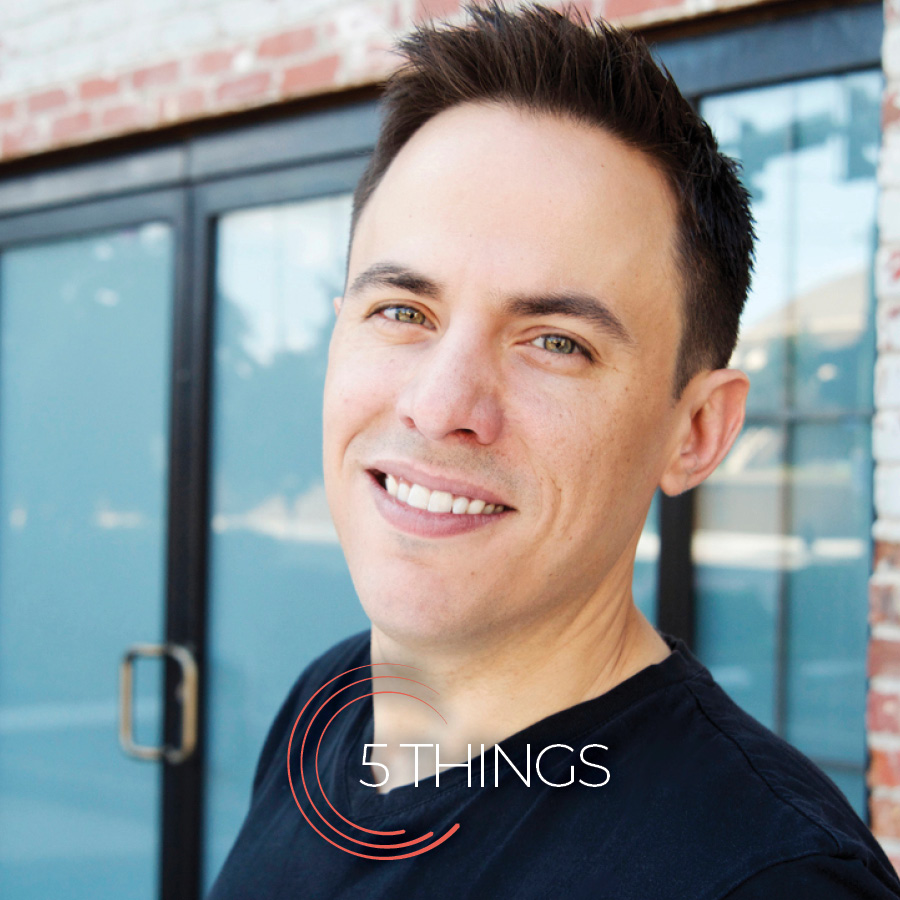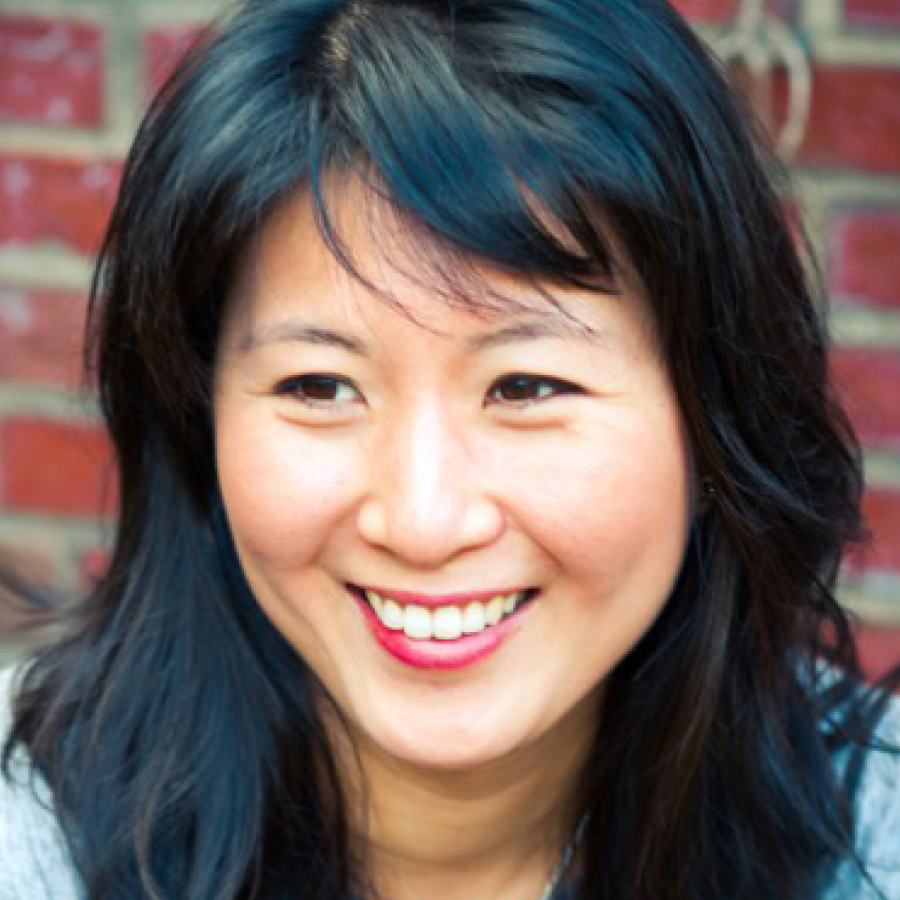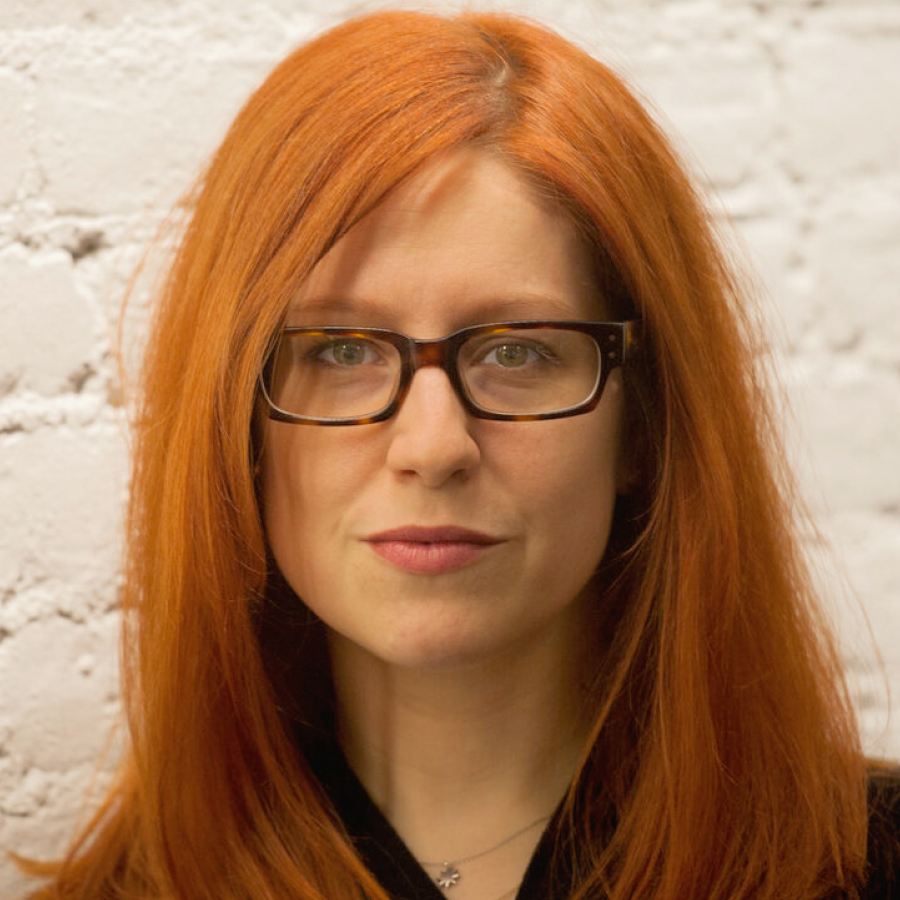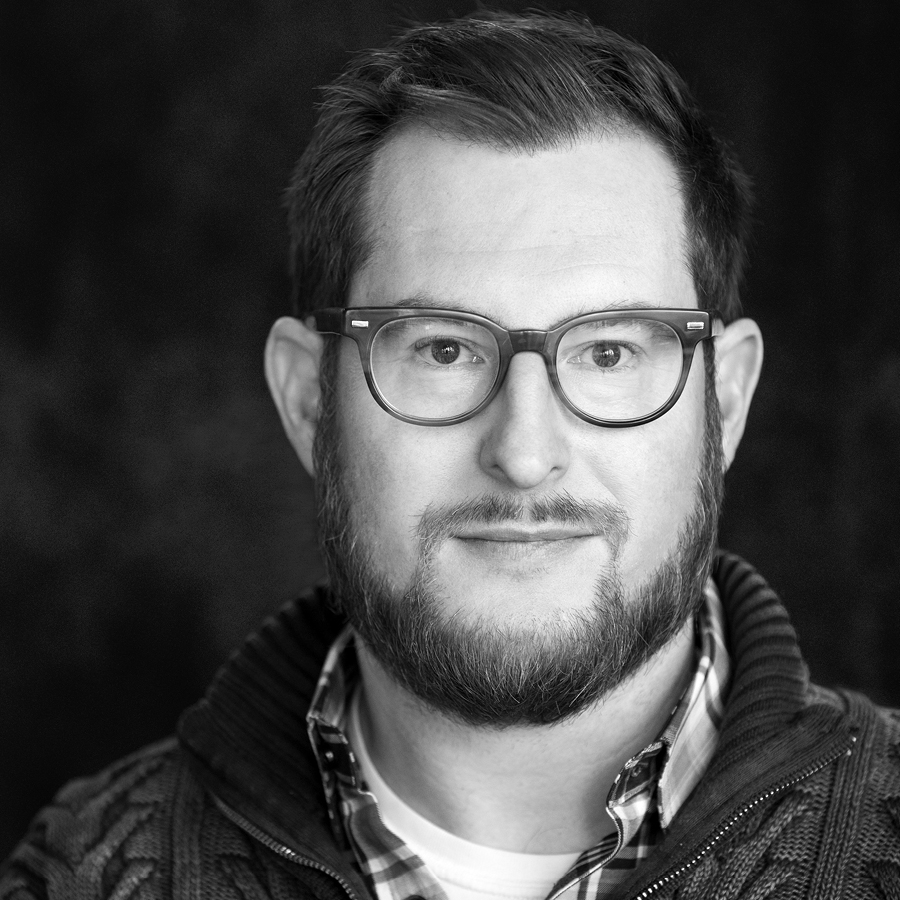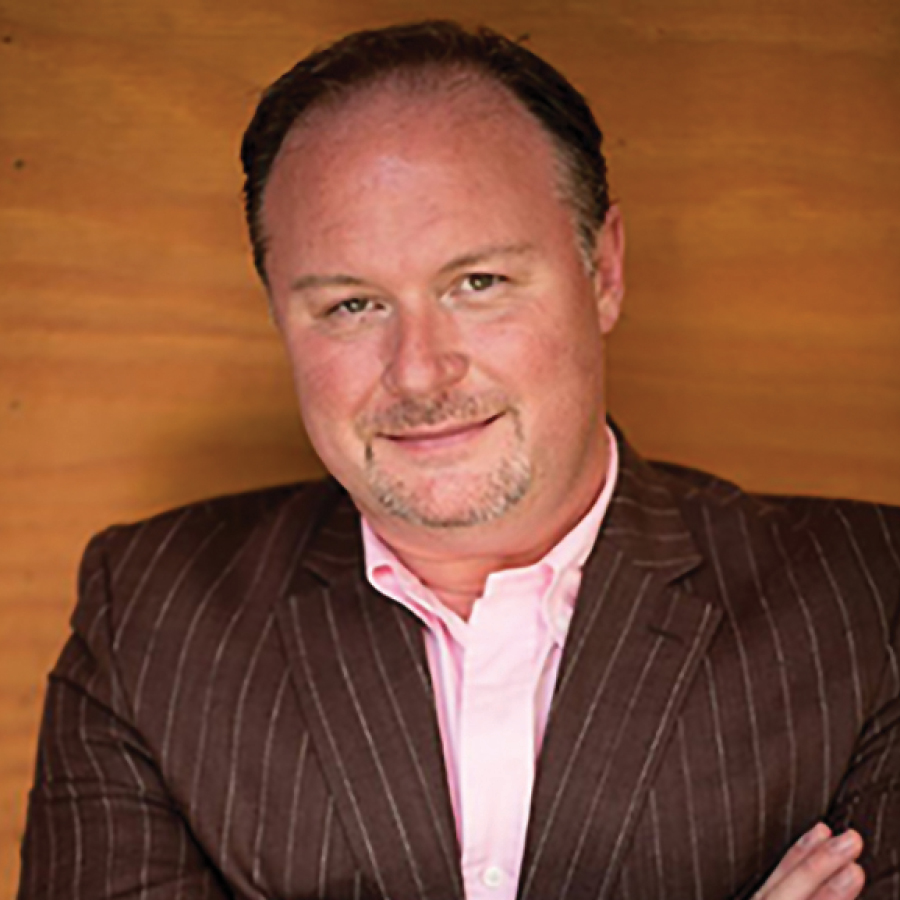Inside Bartolo’s house, Rosina takes delight in her admirer’s voice and resolves that Lindoro will be hers. Figaro manages to enter the house and visit Rosina, but their attempts to talk are frustrated by the appearance of Bartolo and Don Basilio, Rosina’s music teacher, who brings news that Count Almaviva is in town incognito. Don Basilio suggests that slander would be the best way to ruin Count Almaviva, but the nervous Bartolo instead decides to have a marriage contract drawn up between himself and Rosina as soon as possible. The two men leave to organize the contract, and Figaro, who has heard their conversation from a hiding place, immediately informs Rosina of the danger.
As Rosina gives Figaro a note for her lover, Bartolo returns and accuses her of writing to an admirer. He threatens to lock her in, but she defies him. Almaviva, now disguised as a drunken army officer, arrives at the house demanding lodging. Bartolo indignantly claims that he has a certificate of exemption from housing the military, and, as he searches for it, Almaviva slips Rosina a note. Catching sight of this trickery, Bartolo orders Rosina to surrender the note, but she cunningly substitutes a laundry list. Almaviva becomes belligerent, threatening to fight Bartolo, and the whole house is in turmoil. Figaro enters attempting to calm them down. Soon the local militia arrives at the house to restore order, and Almaviva narrowly avoids arrest by secretly identifying himself to the officer in charge. Bartolo is left standing amidst all the activity, amazed and confused.
ACT II
Bartolo is sitting alone in his study when Almaviva enters in a new disguise. He is now Don Alonso, a music teacher sent to replace the ailing Don Basilio. Bartolo is suspicious, but to allay his fears, “Alonso” shows Bartolo a letter from Rosina to Count Almaviva, claiming that he found it in Almaviva’s lodgings. Fooled again, Bartolo fetches Rosina for her lesson and listens as she performs an air proclaiming that love will surmount all obstacles.
Figaro arrives to shave Bartolo. Bartolo sends him to fetch a towel and Figaro takes this opportunity to steal the key to the balcony, smashing a pile of dishes in the process. This “accident” lures Bartolo away, allowing Figaro to slip the key to the disguised Almaviva. All is going according to plan when suddenly Don Basilio appears. It takes only a small bribe to persuade him to go home and take care of his “fever.” As Figaro covers Bartolo with lather, the Count whispers the escape plans to Rosina during the singing lesson. Almaviva tells her that he and Figaro will come for her at midnight. Bartolo overhears them and accuses Almaviva, Figaro and Rosina of scheming against him. Once everyone has withdrawn, the maid, Berta, is left to reflect on the foolishness of lovers of all ages.
Don Basilio arrives and Bartolo soon discovers that Don Alonso was an imposter. Bartolo realizes that it is more urgent than ever to marry Rosina immediately, and Basilio hurries off in search of a notary to draw up the contract. Meanwhile, Bartolo attempts to make Rosina doubt her lover by producing the letter that she wrote to Lindoro, saying that it was found in Count Almaviva’s lodgings. Clearly, he argues, Lindoro and Figaro are just hirelings for Count Almaviva. In distress, Rosina agrees to give up Lindoro and marry her guardian that very night.
A storm rages outside as Rosina and Bartolo retreat to their quarters. As it subsides, Figaro and Almaviva appear on the balcony, ready to escape with Rosina. Rosina is at first furious, but her anger quickly turns to delight when she finds out that Almaviva and Lindoro are one and the same. Figaro urges the lovers to make their escape quickly, but upon returning to the balcony, they find that their ladder is gone. At that moment, Don Basilio enters with the notary that Bartolo has hastily engaged. Bribed with a valuable ring and threatened with a gun to his head, Don Basilio is persuaded to act as a witness as the notary marries Almaviva and Rosina. Bartolo arrives with the civil guard but it is too late: the lovers have been wed. Almaviva placates Bartolo by allowing him to keep Rosina’s dowry, and all express relief and joy at the happy outcome.
Courtesy of Boston Lyric Opera
